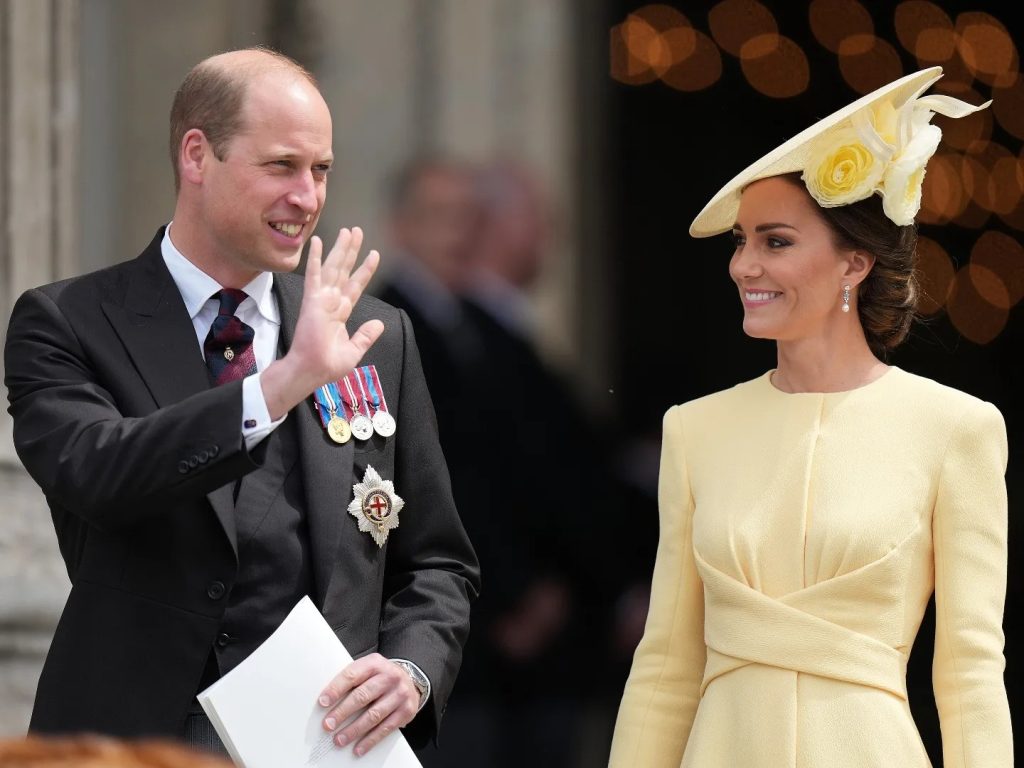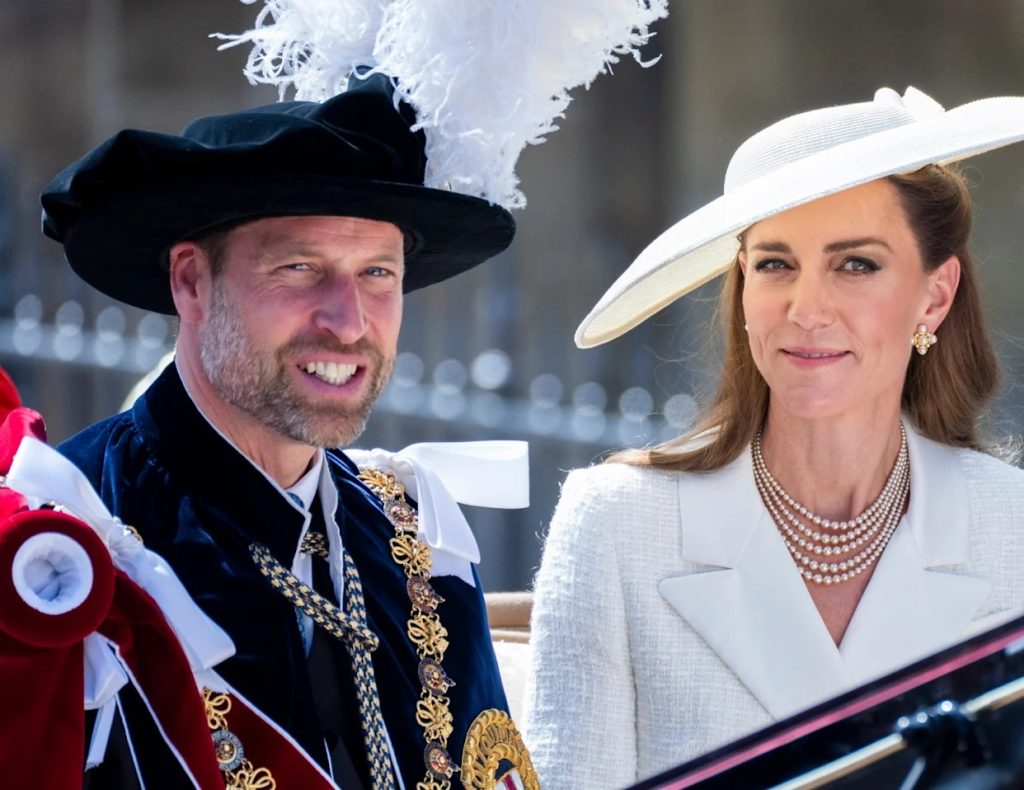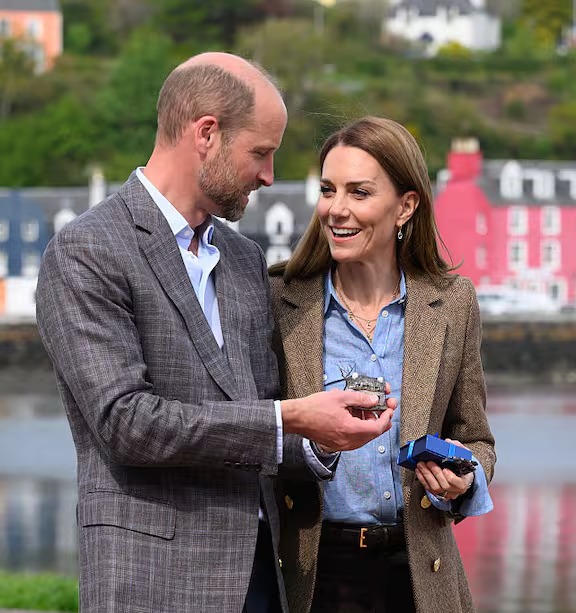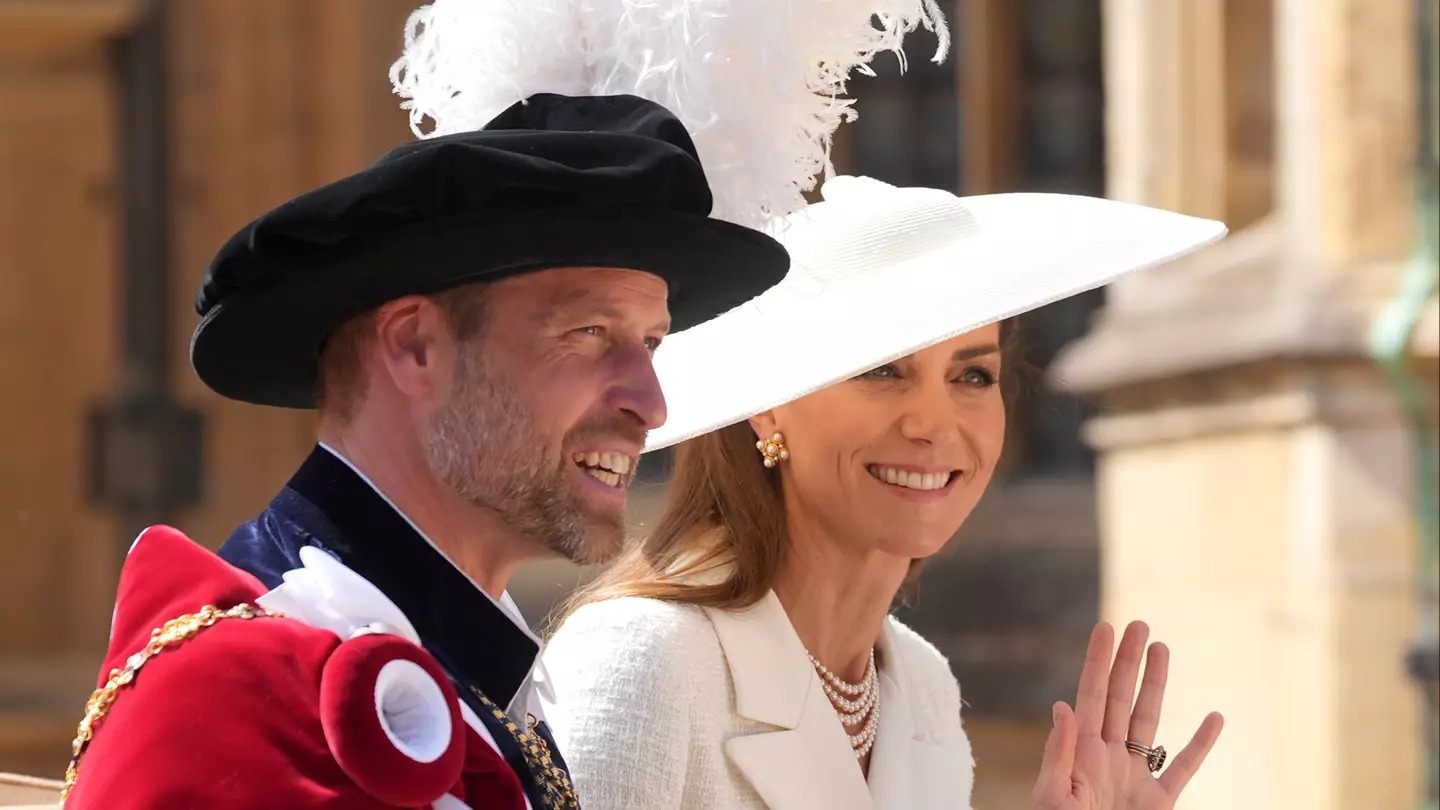In a significant development for British industry and the Royal Household, Kensington Palace has confirmed that Prince William, the Prince of Wales, and Catherine, Princess of Wales, have officially been granted the authority to issue Royal Warrants beginning in 2025. The news was welcomed by many across the UK, marking the first time in over a century that the title Princess of Wales carries this unique and historically significant commercial privilege.
This announcement underscores King Charles III’s ongoing modernization of the monarchy, while also reinforcing support for UK businesses that maintain strong ties with the royal family through their products and services.
What Are Royal Warrants?
A Royal Warrant is an official mark of recognition granted to businesses that have regularly supplied goods or services to the Royal Household over a period of time. Holders of the warrant are allowed to display the Royal Arms and use the phrase “By Appointment to…” followed by the title of the royal who granted the warrant.
According to the Royal Warrant Holders Association (RWHA), warrants are valid for five years and are awarded only to companies that have supplied consistent quality and service. Currently, there are around 800 Royal Warrant holders representing a wide range of industries, including fashion, food, wine, household goods, and crafts.
The new ability to grant Royal Warrants positions Prince William and Princess Catherine alongside King Charles III, who retained his warrant-granting authority following the passing of Queen Elizabeth II in 2022. The King had previously issued warrants as the Prince of Wales, a practice he continued after his accession.

Kate Becomes First Princess of Wales to Grant Warrants Since 1910
This decision is especially historic for Princess Catherine, who becomes the first Princess of Wales to be granted this responsibility since Princess Mary of Teck, who held the title during the reign of King George V in the early 20th century. The inclusion of Catherine in this royal duty reflects both her rising stature within the monarchy and her ongoing influence in shaping public life and consumer trends in the UK.
The announcement was made through an official statement by Ian Patrick, Private Secretary to the Prince of Wales, who said that the couple is “delighted to be able to recognise and celebrate British industry, creativity and skills through the granting of Warrants.”
This initiative is also seen as part of the royal family’s commitment to promoting UK-based businesses, especially those rooted in sustainability, heritage craftsmanship, and innovation.

Impact on British Brands and the Economy
Royal Warrants are highly coveted in the business world. According to data published by the UK Department for Business and Trade, companies that hold a Royal Warrant often report increases in both domestic and international demand. The Royal Arms, which can be displayed on product packaging, signage, and marketing materials, is widely recognized as a symbol of trust, quality, and excellence.
Recent Royal Warrant holders include:
- Camel Valley – a Cornish sparkling wine producer,
- Corgi Hosiery – a Welsh knitwear and sock manufacturer,
- Jo Hansford – a renowned London hair salon associated with Queen Camilla.
These businesses have reported notable growth in customer interest and visibility following their appointments.
The addition of Prince William and Princess Catherine to the list of warrant grantors is expected to generate even greater public interest in which brands may be recognized in the next round of appointments.

Fashion Influence: The “Kate Effect”
Princess Catherine has long been considered a key figure in influencing fashion trends in the UK and internationally. This phenomenon, commonly referred to as the “Kate Effect,” has been studied by marketing analysts and fashion industry professionals for over a decade.
When Catherine wears a particular outfit, item, or brand at a public engagement, it often results in:
- Increased sales of the featured products,
- Stock shortages due to high demand,
- Significant media coverage and social media engagement.
Some of the designers and labels most frequently associated with the Princess of Wales include:
- Jenny Packham – Known for formalwear often worn at royal events,
- Catherine Walker – A long-standing designer for royal wardrobes,
- Erdem, Alexander McQueen, and Emilia Wickstead – Frequently seen in her official engagements.
Additionally, accessories from Kiki McDonough and Robinson Pelham have also gained popularity due to their frequent royal appearances.
With the ability to now grant Royal Warrants, these brands — provided they meet the eligibility requirements and have consistent service records with the royal household — may become potential candidates for the prestigious recognition. However, no specific brands have been named or announced in connection to warrants from the Prince and Princess of Wales as of July 2025.
.jpg)
Strengthening the Modern Monarchy
The new roles for Prince William and Princess Catherine are part of a broader effort to ensure continuity and relevance in the 21st-century monarchy. Since taking on the title Prince of Wales in 2022, William has increasingly taken on duties that support not only his father, King Charles III, but also the institution as a whole.
With Catherine now included in the Royal Warrant system, the monarchy further emphasizes its commitment to supporting British craftsmanship, sustainable business practices, and local innovation. This move is likely to enhance the monarchy’s relationship with the public, especially among younger generations who appreciate transparency and practical support for domestic industries.

Conclusion: A New Chapter for Royal-Endorsed Brands
The confirmation that Prince William and Princess Catherine will begin issuing Royal Warrants in 2025 is a major development in the modern history of the monarchy. For Princess Catherine, it represents a historic milestone, highlighting her deepening role and growing public trust.
For British companies, particularly in fashion, food, and design, this announcement provides both opportunity and motivation. Those who supply the royal household — or aspire to — may find their association with the Princess of Wales carries more weight than ever before.
As we move into the next phase of royal evolution, the influence of William and Catherine is likely to expand not only in terms of royal duties but also in the shaping of cultural, economic, and social trends across the UK.
Sources:
- Royal Warrant Holders Association
- Kensington Palace official statements
- UK Government Business and Trade Publications
- BBC News
- The Guardian
